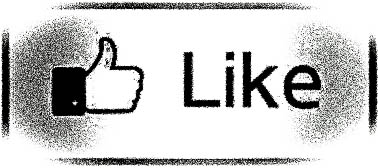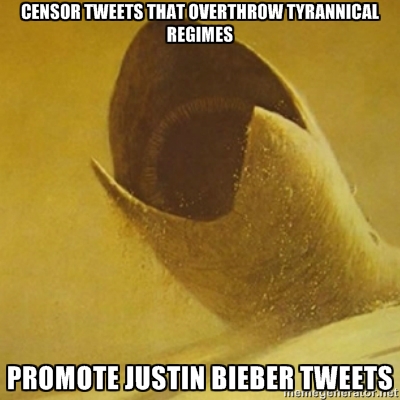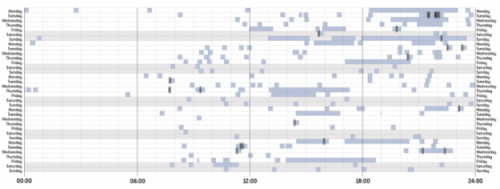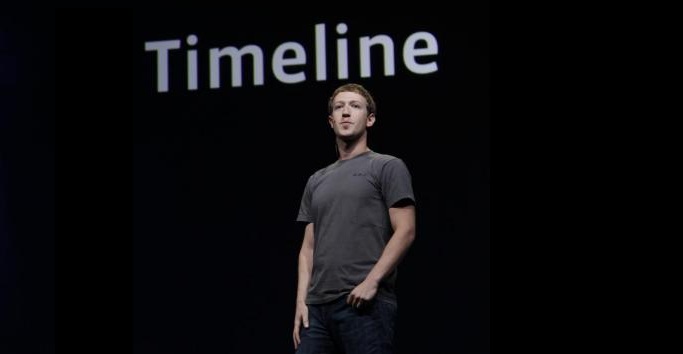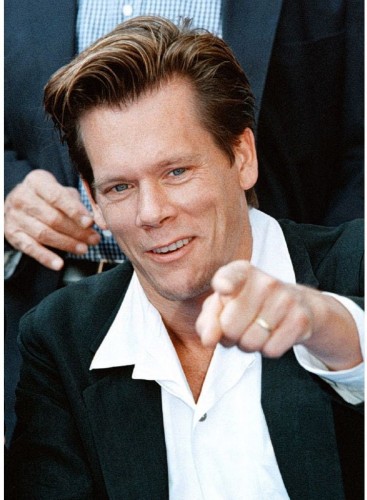This post originally appeared on The Frailest Thing and is replicated here with permission.
By one of those odd twists of associative memory, John Caputo’s little book, On Religion, recently came to mind. Caputo, a well regarded interpreter of Jacques Derrida and a philosopher in the continental tradition, opened with a question culled from the work of Augustine of Hippo. Splicing two lines from Augustine’s Confessions, Caputo framed his study by asking, “What do I love when I love my God?”
I appreciate this formulation because it forces a certain self-critical introspection. It refuses the comforts of thoughtlessness. Precisely where some might be most inclined to rely on taken-for-granted assumptions and unquestioned constructs, Caputo’s Augustinian query interjects a searching critique. And it is the structure of the question that I want to borrow to consider one dimension what we are doing when we use social media.
But first, a little more from Caputo who takes the liberty of elaborating on the spirit of Augustine’s quest. Channeling the African saint, Caputo writes, “… I am after something, driven to and fro by my restless search for something, by a deep desire, indeed by a desire beyond desire, beyond particular desires for particular things, by a desire for I-know-not-what, for something impossible. Still, even if we are lifted on the wings of such a love, the question remains, what do I love, what am I seeking?”
Then Caputo makes an important observation. “When Augustine talks like this,” he cautions, “we ought not to think of him as stricken by a great hole or lack or emptiness which he is seeking to fill up, but as someone overflowing with love who is seeking to know where to direct his love.”
Not too long ago I posted some thoughts on what I took to be the Augustinian notes sounded in Matt Honan’s account of his time at the Consumer Electronics Show in Las Vegas and Kevin Kelly’s subsequent reflections on Honan’s experience. In that post, I employed the very language Caputo cautioned against — in part because Honan’s rhetoric invited it. But now I’m chastened; I’m inclined to think that Caputo is on to something. His distinction is not merely academic and I’ll return to it a little further on.

